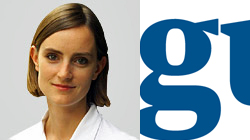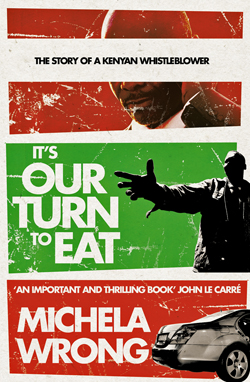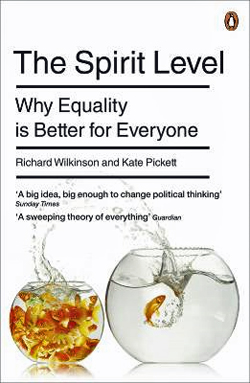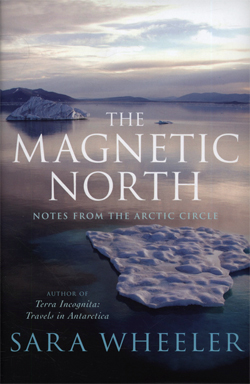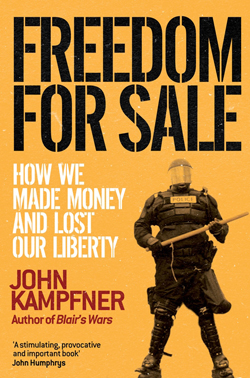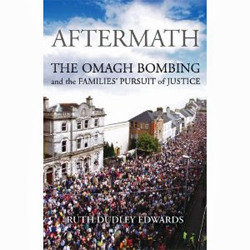
The Omagh bomb was the worst massacre in Northern Ireland’s modern history – yet from it came a most extraordinary tale of human resilience, as families of murdered people channelled their grief into action. As the bombers congratulated themselves on escaping justice, the families determined on a civil case against them and their organisation. No one had ever done this before.
It was a very domestic atrocity. In Omagh, on Saturday, 15 August 1998, a massive bomb placed by the so-called Real IRA murdered unborn twins, six men, twelve women and eleven children, of whom two were Spanish and one English: the dead included Protestants, Catholics and a Mormon.
Although the police believed they knew the identities of the killers, there was insufficient evidence to bring charges. Taking as their motto ‘For evil to triumph, all that is necessary is for good men to do nothing’, families of ten of the dead decided to pursue these men through the civil courts, where the burden of proof is lower. This is the remarkable account of how these families – who had no knowledge of the law and no money, and included a cleaner, a mechanic and a bookie – became internationally recognised, formidable campaigners and surmounted countless daunting obstacles to win a famous victory.
How these mothers and fathers and sisters and brothers turned themselves into the scourge of the Real IRA is not just an astonishing story in itself. It is also a universal story of David challenging Goliath, as well as an inspiration to ordinary people anywhere devastated by terrorism.
